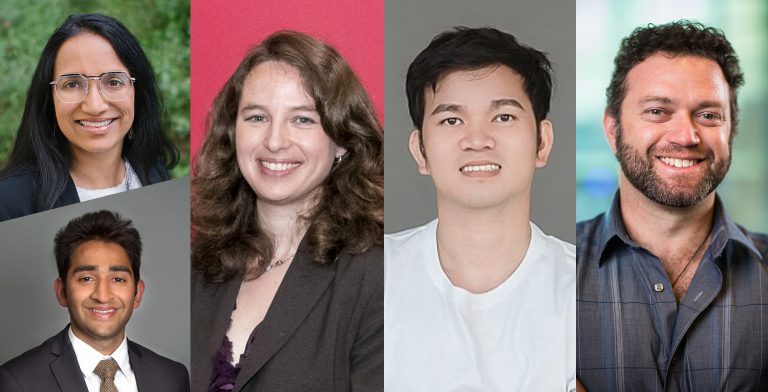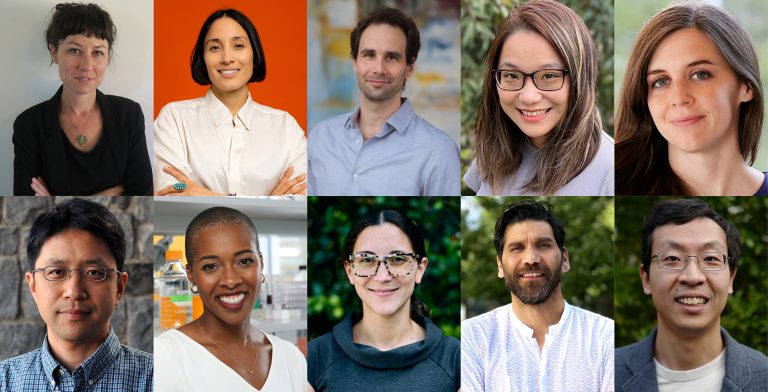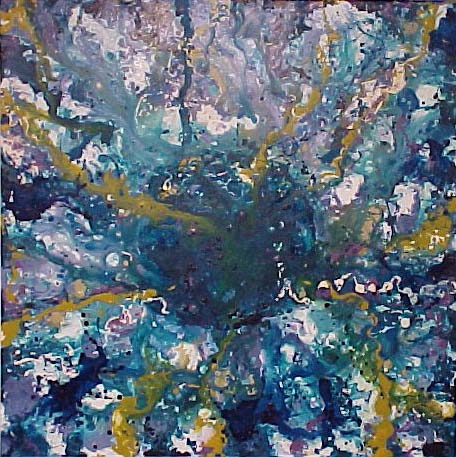The McKnight Endowment Fund for Neuroscience has selected four projects to receive the 2019 Memory and Cognitive Disorders Awards. The awards will total $1.2 million over three years for research on the biology of brain diseases, with each project receiving $300,000 between 2019 and 2021.
The Memory and Cognitive Disorders (MCD) Awards support innovative research by U.S. scientists who are studying neurological and psychiatric diseases, especially those related to memory and cognition. The awards encourage collaboration between basic and clinical neuroscience to translate laboratory discoveries about the brain and nervous system into diagnoses and therapies to improve human health.
“This year’s McKnight Memory/Cognitive Disorders award winners once again represent some of the best scientific talent from around the country. These scientists are addressing the basic question of how memory works, and they are using cutting edge approaches to understand the underlying neurobiology of some of the most devastating brain and cognitive disorders we are battling today,” said Wendy Suzuki, Ph.D., chair of the awards committee and Professor of Neural Science and Psychology at New York University.
The awards are inspired by the interests of William L. McKnight, who founded The McKnight Foundation in 1953 and wanted to support research on diseases affecting memory. His daughter, Virginia McKnight Binger, and the McKnight Foundation board established the McKnight neuroscience program in his honor in 1977.
Up to four awards are given each year. This year’s awardees are:
Denise Cai, Ph.D., Assistant Professor, Department of Neuroscience, Icahn School of Medicine at Mount Sinai
Circuit Mechanisms of Memory-Linking: Dr. Cai’s research will explore how traumatic memories become linked in the brain to other memories. The hope is that this research will provide insights into memory disorders such as Post-Traumatic Stress Disorder.
Xin Jin, Ph.D., Associate Professor, Molecular Neurobiology Laboratory, The Salk Institute for Biological Studies
Dissecting Striatal Patch and Matrix Compartments for Action Learning: Dr. Jin will explore how compartmental structures within the brain contribute to learning, storing, recalling and executing complex “motor memories” to further our understanding of disorders where these are disrupted, such as in Parkinson’s Disease, Huntington’s Disease and Obsessive-Compulsive Disorder.
Ilya Monosov, Ph.D., Assistant Professor of Neuroscience, Washington University School of Medicine in St. Louis
The Neuronal Mechanisms of Information Seeking Under Uncertainty: Dr. Monosov is researching how the brain seeks, values and uses information to resolve uncertainty about the future. This work can help shed light on disorders that arise from maladaptive decision-making and poor risk/reward assessment.
Vikaas Sohal, M.D., Ph.D., Associate Professor, Department of Psychiatry and Weill Institute for Neurosciences, University of California, San Francisco
Using New Approaches for Voltage Imaging to Test How Prefrontal Dopamine Receptors Contribute to Gamma Oscillations and Flexible Behavior: Dr. Sohal’s lab is researching how the brain learns to adapt when confronted with changed rules and the role of particular neurons and brain chemistry in this process; the research could potentially lead to treatments for those suffering from schizophrenia.
With 93 letters of intent received this year, the awards are highly competitive. A committee of distinguished scientists reviews the letters and invites a select few researchers to submit full proposals. In addition to Dr. Suzuki, the committee includes Sue Ackerman, Ph.D., UCSD; B.J. Casey, Ph.D., Yale University; Robert Edwards, M.D., UCSF; Ming Guo, M.D., Ph.D., UCLA; Steven E. Petersen, Ph.D., Washington University in St. Louis; and Matthew Shapiro, Ph.D., Albany Medical Center.
Letters of intent for the 2020 awards are due by April 1, 2019.
About the McKnight Endowment Fund for Neuroscience
The McKnight Endowment Fund for Neuroscience is an independent organization funded solely by the McKnight Foundation of Minneapolis, Minnesota, and led by a board of prominent neuroscientists from around the country. The McKnight Foundation has supported neuroscience research since 1977. The Foundation established the Endowment Fund in 1986 to carry out one of the intentions of founder William L. McKnight (1887–1978), one of the early leaders of the 3M Company.
The Endowment Fund makes three types of awards each year. In addition to the Memory and Cognitive Disorders Awards, they are the McKnight Technological Innovations in Neuroscience Awards, providing seed money to develop technical inventions to advance brain research; and the McKnight Scholar Awards, supporting neuroscientists in the early stages of their research careers.


